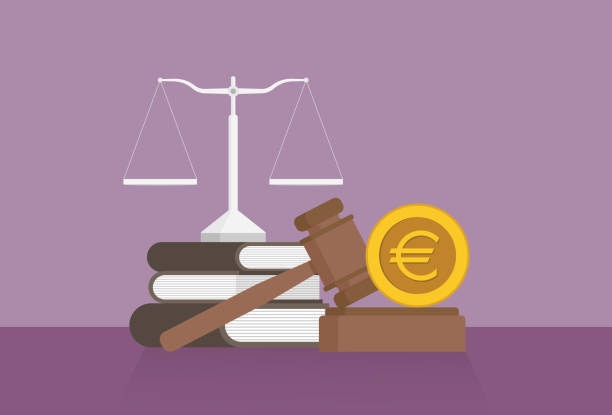In the dynamic landscape of digital transactions, where e-wallets play a pivotal role in modern finance, users face an increasing risk of falling victim to fraudulent schemes. It is essential to remain vigilant, especially in light of scams targeting e-wallet KYC updates. As users, we must be aware of the warning signs and adopt proactive measures to safeguard our confidential information. In collaboration with legal services and cybercrime lawyers, the Chennai Law Forum encourages users to stay informed and exercise caution, providing essential insights on how to protect against Digital Wallet KYC scams. Let’s delve into the intricacies of this issue and explore ways to shield ourselves from potential threats in the digital realm.

Protect Yourself from E-Wallet KYC Scams: A Comprehensive Guide
Introduction
In the ever-evolving landscape of digital transactions, the convenience of e-wallets has become an integral part of our daily lives. However, with the rise in popularity, comes the increased risk of fraudulent activities. One prevalent scam that users need to be vigilant about is the attempt by fraudsters to exploit Electronic Wallet KYC updates.

The Warning Signs
1. Beware of Unsolicited Requests
Fraudsters often pose as legitimate service providers, sending unsolicited emails or SMS claiming you need to update your e-wallet KYC. Be cautious and verify such requests directly through the official channels of your e-wallet provider.
2. Avoid Clicking Suspicious Links
Never click on links embedded in emails or SMS messages, especially if they appear unexpected or dubious. These links may lead to fraudulent websites that mimic your e-wallet’s interface to deceive you into sharing sensitive information.
3. Device Mirroring Threat
Clicking on fraudulent links may expose your device to mirroring, a technique where scammers replicate your device screen to steal confidential information. Protect your device by avoiding suspicious links and keeping your software updated.
Protect Your Confidential Information
1. PIN, Password, OTP
Under no circumstances should you share your PIN, password, or One-Time Password (OTP) with anyone. Legitimate e-wallet providers will never ask for this information through unsolicited messages.
2. Debit/Credit Card Details
Avoid sharing your debit or credit card details in response to unsolicited requests. Legitimate KYC updates can typically be done securely within the official app or website of your e-wallet.

Stay Informed and Report Suspicious Activity
1. Regularly Check Official Channels
Stay informed about the latest updates and security measures through your Mobile Payment App provider’s official communication channels. Legitimate announcements are typically made through the app, website, or official emails.
2. Report Suspicious Activity
If you encounter any suspicious requests or activities, report them immediately to your e-wallet provider. Prompt reporting can help prevent further fraudulent attempts and protect other users.
Read More
- Insurance Agreement Legal Services
- Contract Between a Trader and Transporter
- List of departments in Tamil Nadu Government
- Builder’s Agreement
- NRI Lawyers
- Digital India
Conclusion
In the digital age, safeguarding your financial information is paramount. Be proactive in recognizing and avoiding e-wallet KYC scams. Exercise caution, stay informed, and follow security guidelines provided by your e-wallet provider. By taking these steps, you can contribute to creating a safer digital environment for yourself and others. Remember, a moment of caution can save you from the potential pitfalls of online fraud.

